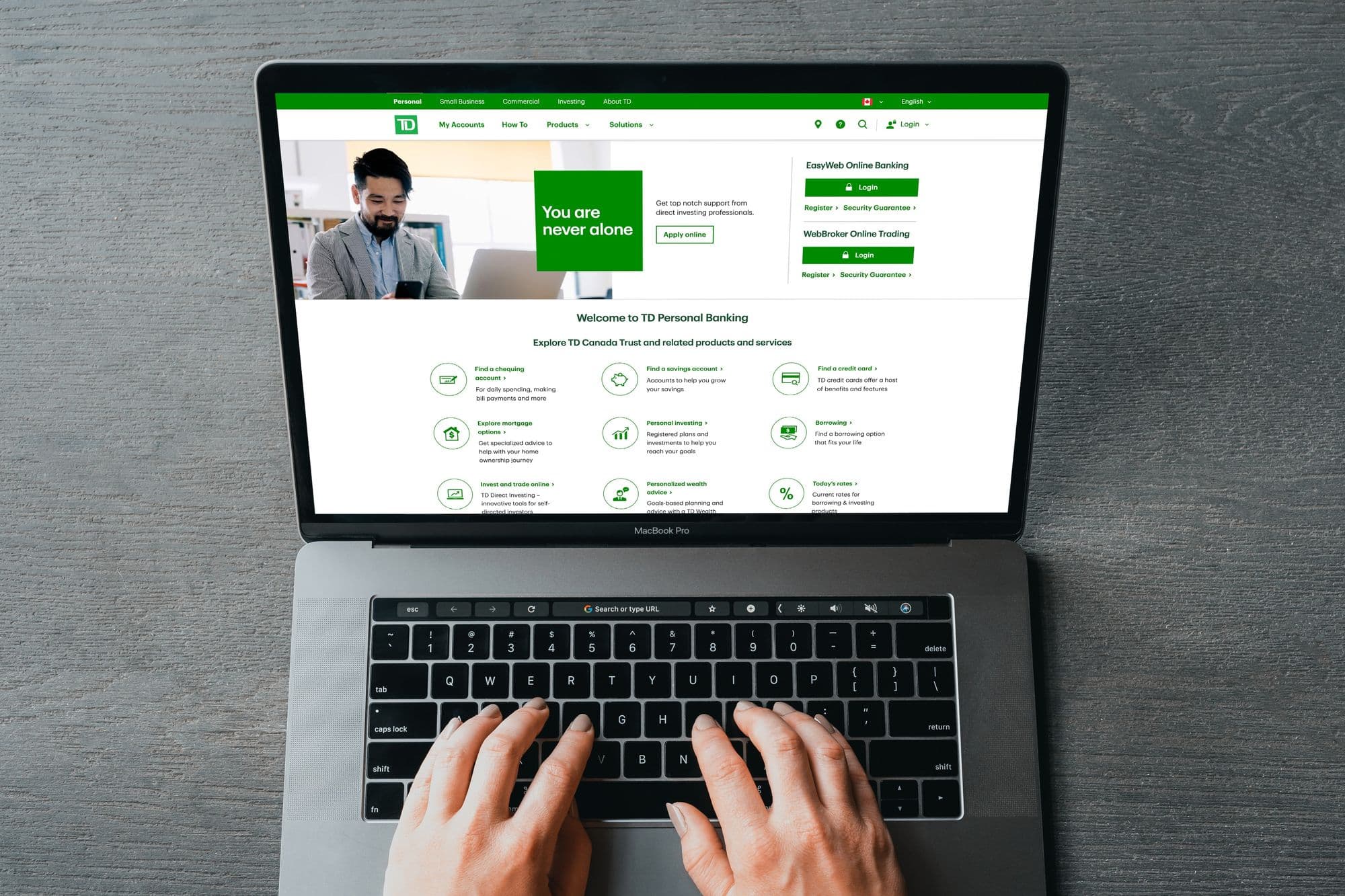We've all been there - a forgotten bill, a frivolous purchase, or a poor budgeting mistake can lead to an overdrawn bank account. Going into overdraft can be stressful; not only does it mean you have less money than you thought, but it can also result in hefty fees and potentially harm your credit score. But what happens if you want to close your overdrawn bank account? Is it even possible?
Generally speaking, it’s not possible to close an overdrawn bank account to absolve you of the debt you owe. You must first pay any money owed to the bank and there may be additional fees incurred if you attempt to close an account with a negative balance. You can, however, work out a payment plan with your bank to ensure the debt is paid off in a timely manner. Once your account is brought current, it can then be closed if desired.
Being in an unsteady financial situation is never fun, but iCash, a top Canadian lender for same day loans online, helps you explore how to properly close your bank account after being overdrawn, and what steps you can take to get your finances back on track.
What is an Overdrawn Bank Account?
An overdrawn bank account occurs when you spend more money than you have available in your account. This can happen if you forget about an upcoming bill, have automatic payments set up for more than your balance, or if you simply overspend.
When this happens, the bank will pay for your transactions but charge you an overdraft fee for doing so. This fee can vary depending on your bank and how much you've overdrawn your account, but generally, the average overdraft fee in Canada is around $35 per transaction (although this may vary by province). In Ontario, for example, you can be charged $5 per day each day your account is overdrawn.
If you don't make a deposit to cover the overdrawn amount, your bank may also charge additional fees and interest and/or report you to a credit bureau. In Canada, overdraft interest is usually between 19-22% depending on the banking institution. Ultimately, it’s important to check with your bank to see what the specific policies are when it comes to overdrawn accounts, as they can become quite costly if you’re not careful.
Closing an Overdrawn Bank Account
If you’ve ever gone into overdraft, you know how expensive it can be. In fact, nearly 3 in 10 Canadians reported paying additional bank fees, including overdraft fees and interest, according to the 2020-2021 FCAC Annual Report.
Not only do overdrawn accounts have associated fees that can add up quickly, they can also harm your credit score and affect your financial future negatively. Let’s take a closer look at the many reasons why someone would want to close an account if it has gone into overdraft:
1. Expensive Fees
As mentioned, when you overdraw your bank account, you’re responsible for overdraft fees charged by your bank. These fees can quickly add up and become a considerable expense that you may struggle to pay back. Such fees can lead to financial distress and can hurt your credit score if left unpaid. Thus, closing an overdrawn bank account can often be the best decision to avoid these excessive expenses, but can only be done once the account is brought current.
Although most overdraft fees are standard for bank accounts with overdraft protection, there are some ways to get overdraft fees refunded in Canada. Additionally, some banks offer daily maximum caps on how much you’ll be charged for overdrafting your account. This feature helps control the amount you’ll be charged per day, as it won’t charge more than the predetermined maximum.
2. Damage to Credit Score
Overdrawn bank accounts are reported to credit bureaus, which can negatively affect your credit score. Your credit score is a measure of your financial well-being and a weak score results in higher interest rates on loans and credit cards. If you don’t take action to address your overdrawn bank account, your credit score will suffer, resulting in a lower credit limit and less financial flexibility.
3. Loss of Account Perks
Banks usually offer their customers exclusive perks and services such as cashback on debit card transactions, overdraft protection, or premium savings accounts. Nonetheless, banks might remove these additional offers or benefits if you constantly overdraw your account. To avoid this, use your bank account responsibly or consider other loan alternatives such as credit cards or instant online loans.
If your overdraft position has become completely unmanageable, your bank may close the account altogether. Although rare, a bank can close your account at any time and for any reason - and sometimes without giving you any notice.
Alternatives to Closing an Overdrawn Bank Account
An overdrawn bank account can have long term impacts on your financial future. It can result in reduced flexibility when it comes to finances, loss of account perks, a drop in your credit score, and potential additional fees being charged.
If you’re struggling to get out of an overdraft position, listed below are some necessary steps you can take to improve your credit score and manage your finances responsibly in the future.
1. Communicate with Your Bank
The first step you should take is to communicate with your bank. You can contact your bank via phone or in-person to discuss your overdrawn account. Explain your situation to them, and ask if they are willing to work with you. This may include refunding overdraft fees or waiving any additional upcoming fees. Keep in mind that the bank will be more likely to work with you if you are upfront and honest about your financial situation.
2. Create a Repayment Plan
If you are unable to pay the full amount of debt you owe to the bank right away and your bank is willing to work with you, the next step would be to create a repayment plan. A payment plan will allow you to pay back the money in smaller, more manageable amounts over a set period of time. It's also important to ask your bank about the interest rate charged on the overdrawn amount in order to manage your payments more easily.
3. Transfer Funds from Another Account
If you have another account, with excess funds, you can transfer funds to the overdrawn account to help you stay afloat. This will help bring your account balance to a positive position gradually. You should, however, make sure that the transfer fees don't end up costing you more than the amount you're transferring.
4. Close the Account
Once you’ve brought the overdrawn account current, you can close it to prevent any further owing debts. Closing an overdrawn account may be useful if you have more than one bank account open and want to better manage your finances in one, set place.
You can also make the switch to a no overdraft fee bank account if you’re worried about ever incurring overdraft fees again. There are many Canadian banks that offer no overdraft fee deposit accounts that can give you more flexibility and control over your finances.
Avoid Closing an Overdrawn Account with iCash
If you’ve ever been hit with expensive overdraft fees, you know how frustrating it can be to get back on a positive financial track. But, there are alternative borrowing solutions that can help you avoid an overdrawn account altogether. A small online loan from iCash can help you pay off the overdrawn amount and keep your account in good standing. Small loans from iCash also have more flexible repayment options, which can end up costing you much less over time.











